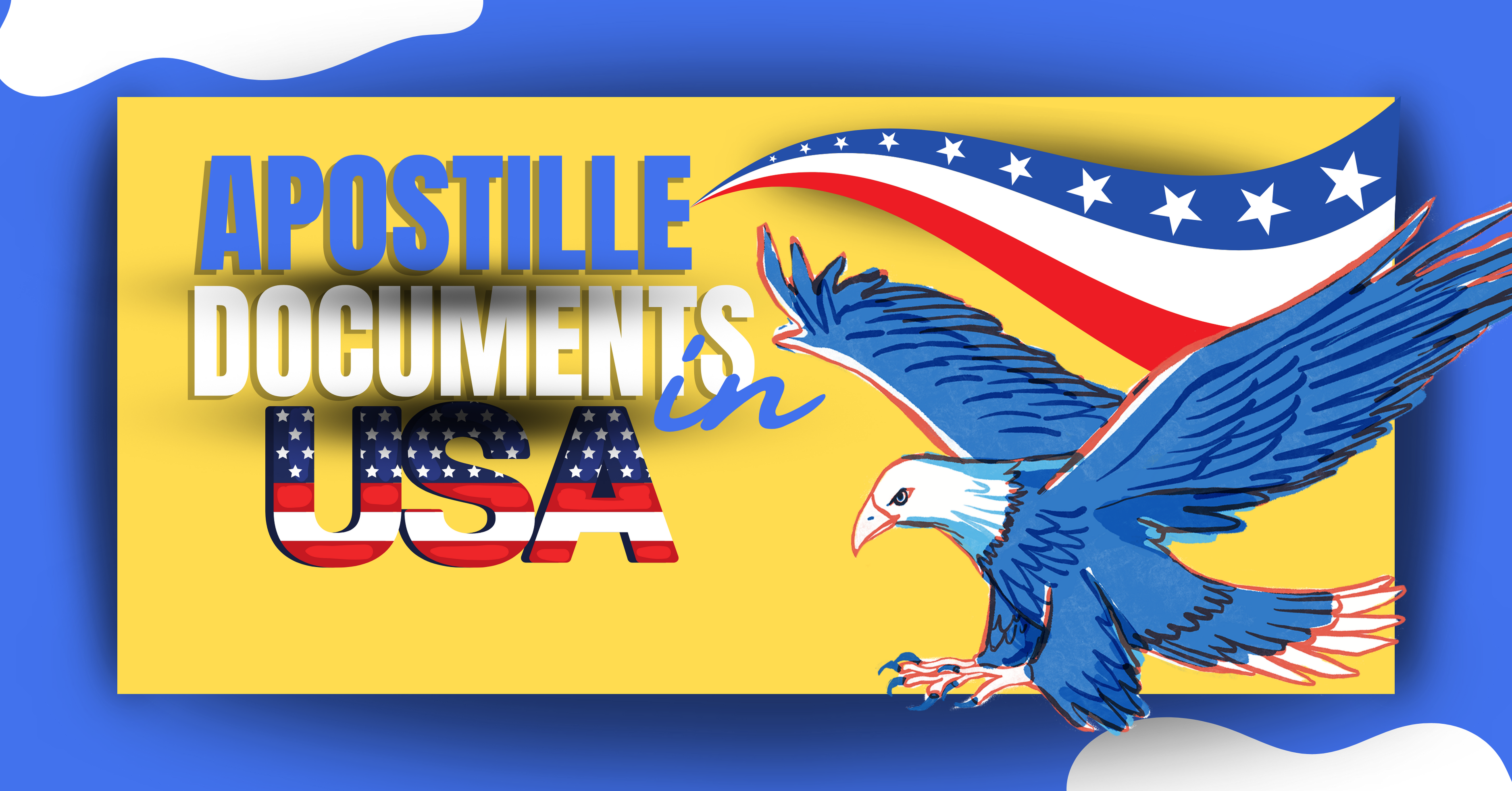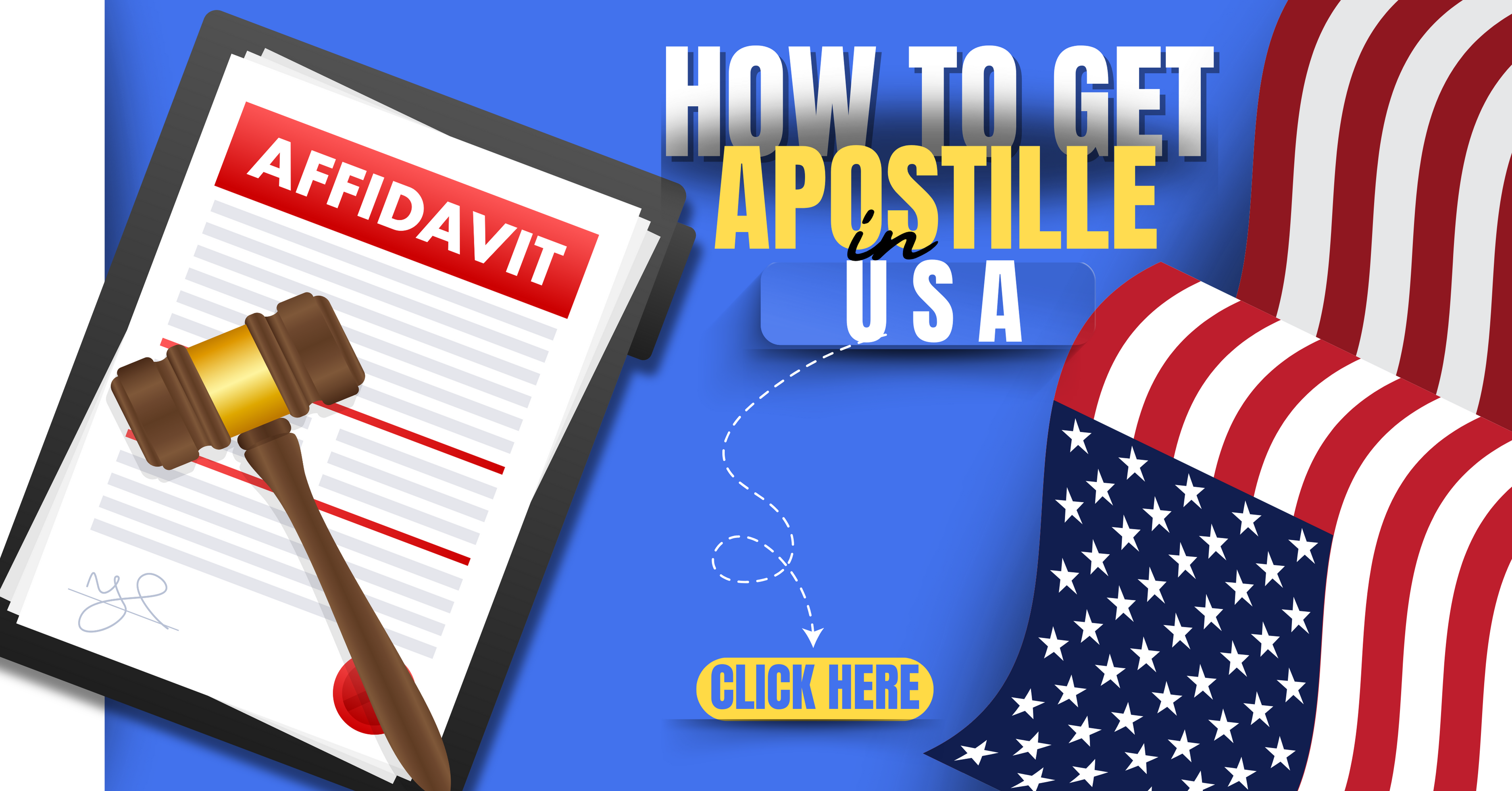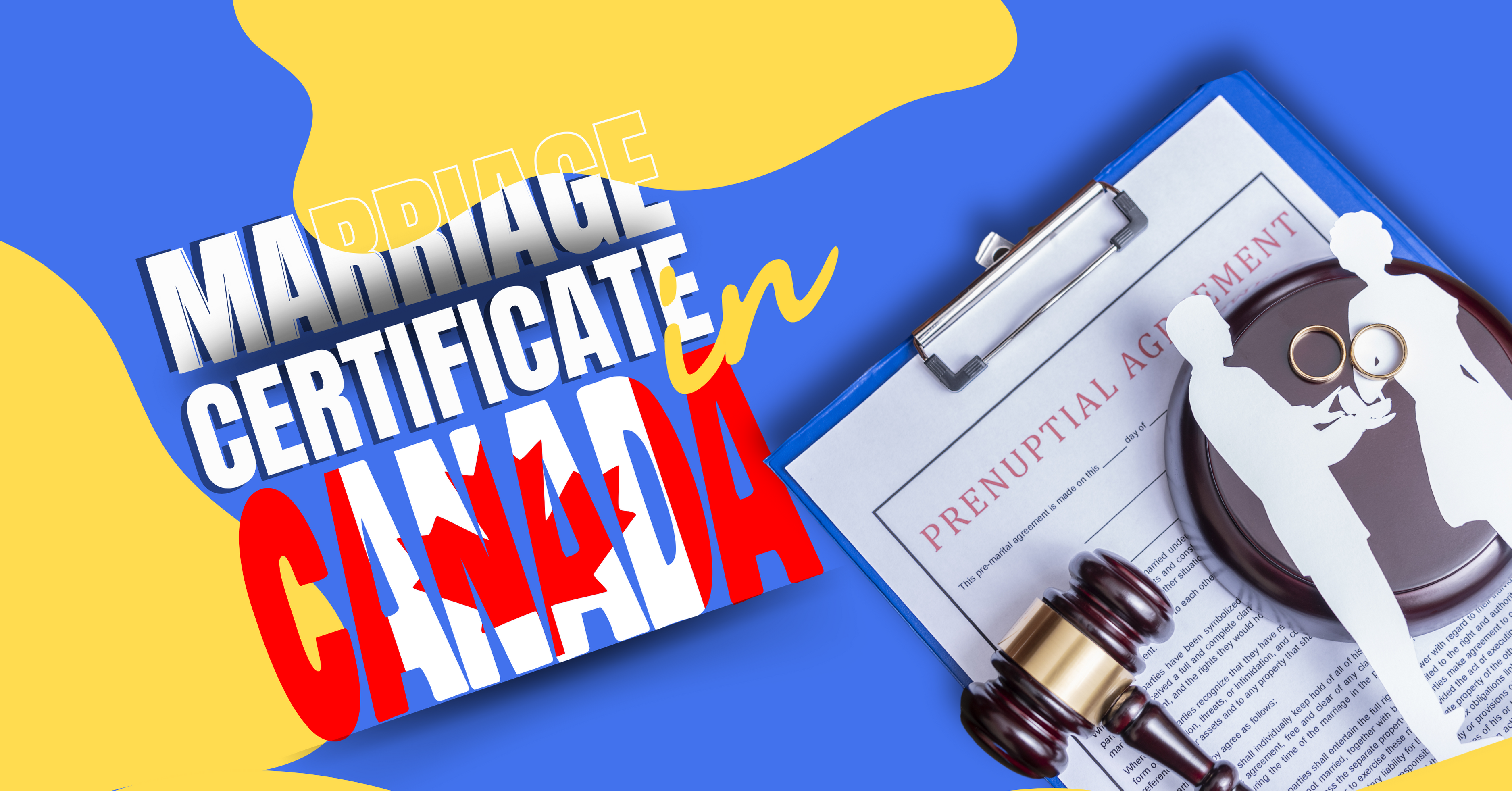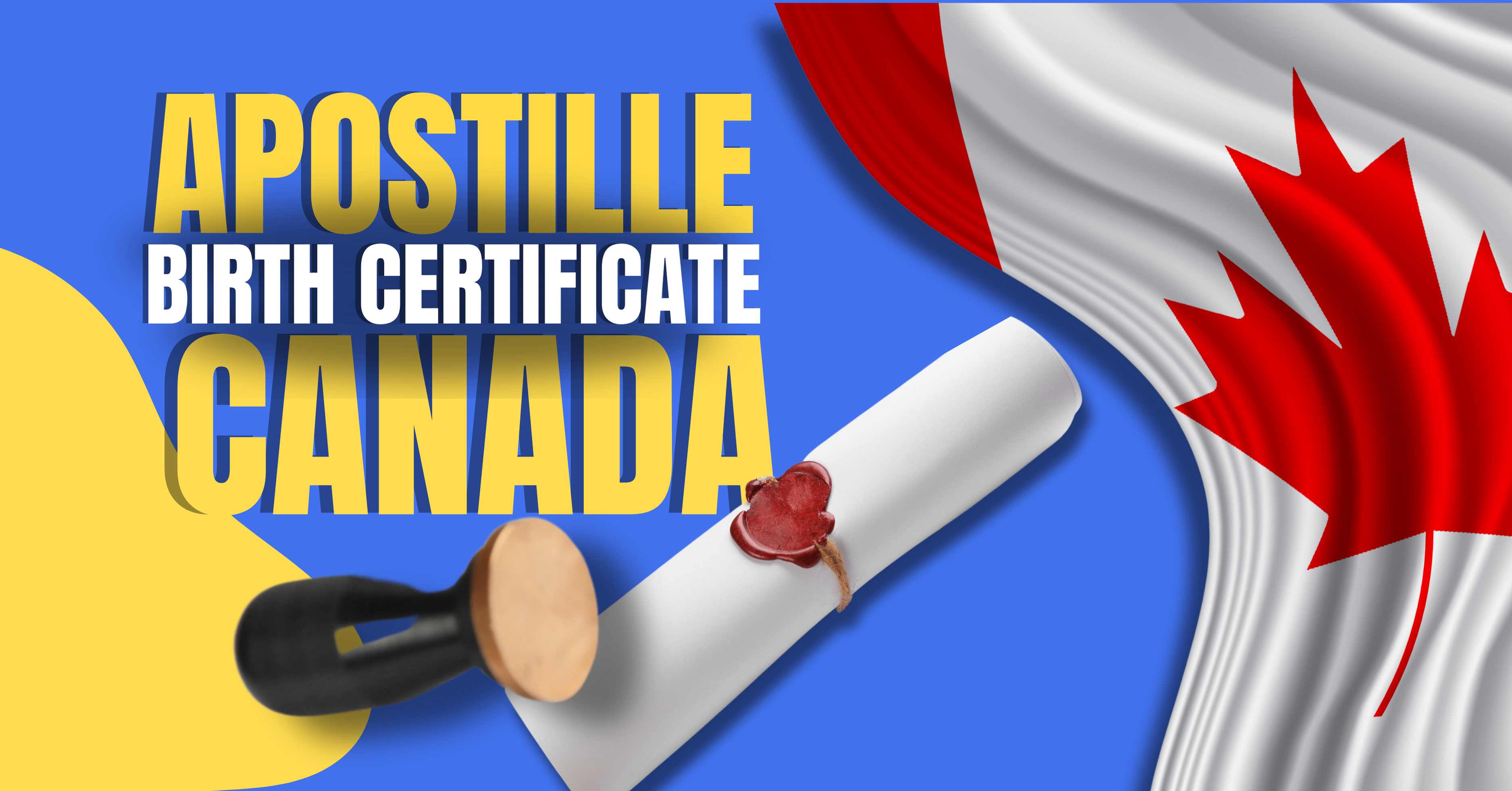Introduction
In today’s globalized world, international transactions and collaborations have become the norm. Whether you’re planning to work, study, marry, or conduct business in a foreign country, you often encounter the term “Apostille.” But what exactly are Apostille documents, and how do they work in the United States? This comprehensive guide will shed light on Apostille documents in the USA, their significance, the process involved, and much more.
What Is an Apostille?
Understanding the Basics
An Apostille is a specialized form of authentication issued to documents for international use. It certifies the authenticity of a document and the authority of the person or entity that signed or sealed it. Essentially, it’s like giving your document a passport for international recognition.
The Hague Convention
The Apostille process is governed by the Hague Convention of 1961, an international treaty that simplifies the process of legalizing documents for use in foreign countries. The United States is a member of this convention, which streamlines the acceptance of Apostille documents worldwide.
Types of Documents Eligible for Apostille
Birth Certificates
One of the most common documents that require Apostille certification is the birth certificate. Whether you need it for immigration, adoption, or academic purposes abroad, getting your birth certificate Apostilled is essential.
Marriage Certificates
Planning an international wedding? You’ll likely need an Apostille on your marriage certificate to ensure its validity in your destination country.
Academic Transcripts
Students pursuing education overseas often require Apostille certification for their academic transcripts and diplomas. It’s a crucial step in the admission process.
Legal Documents
Legal documents, such as power of attorney, court judgments, and divorce decrees, may also need Apostille certification when used internationally.
The Apostille Process
Step 1: Document Notarization
Before obtaining an Apostille, your document must be notarized by a licensed notary public. This ensures the document’s authenticity.
Step 2: State Authentication
After notarization, your document must undergo state-level authentication. This is typically done through the Secretary of State’s office in the state where the document was issued.
Step 3: Federal Authentication
For certain documents, such as those issued by federal agencies, you’ll need to obtain authentication from the U.S. Department of State. This step is crucial for documents like federal criminal background checks.
Step 4: Apostille Issuance
The final step is obtaining the Apostille itself. This is done by the U.S. Department of State for federal documents or by the Secretary of State for state-issued documents.
Why Are Apostille Documents Important?
International Recognition
Apostille documents are recognized and accepted by member countries of the Hague Convention, making it easier to use your documents abroad.
Legal Security
Having an Apostille on your document provides an extra layer of legal security. It ensures that your document is legitimate and has undergone a rigorous verification process.
Simplified Processes
Without an Apostille, foreign authorities may require additional certifications and translations, which can be time-consuming and costly. Apostille simplifies this process.
Apostille Services
Third-Party Assistance
Navigating the Apostille process can be daunting. Many third-party services specialize in assisting individuals and businesses with document Apostillation, saving you time and ensuring accuracy.
Cost Considerations
While obtaining an Apostille is generally affordable, consider the costs associated with notarization, state and federal authentication, and any third-party services you may choose to use.
Conclusion
In an increasingly interconnected world, Apostille documents play a vital role in ensuring the legality and authenticity of documents used internationally. Understanding the Apostille process and its significance is essential for anyone dealing with cross-border transactions, travel, or legal matters.
Now, let’s address some common questions regarding Apostille documents:
FAQs
1. How long does it take to get an Apostille for my documents?
The processing time for Apostille documents varies depending on the state and type of document. It can range from a few days to several weeks.
2. Do I need to physically go to the Secretary of State’s office for state-level authentication?
No, many states allow you to mail in your documents for authentication. Check your state’s requirements for specific details.
3. Can I use an Apostille document for any country in the world?
Apostille documents are primarily intended for use in countries that are part of the Hague Convention. However, some non-member countries may also accept Apostille documents, but it’s essential to verify their requirements.
4. Are there any documents that cannot be Apostilled?
While most personal and legal documents can be Apostilled, there are exceptions, such as classified government documents and certain types of patents. It’s best to consult with the relevant authorities for guidance.
5. Are there any alternatives to Apostille for document authentication?
Yes, some countries may require embassy or consulate legalization instead of an Apostille. It’s crucial to check the specific requirements of the country where you intend to use your documents.



































